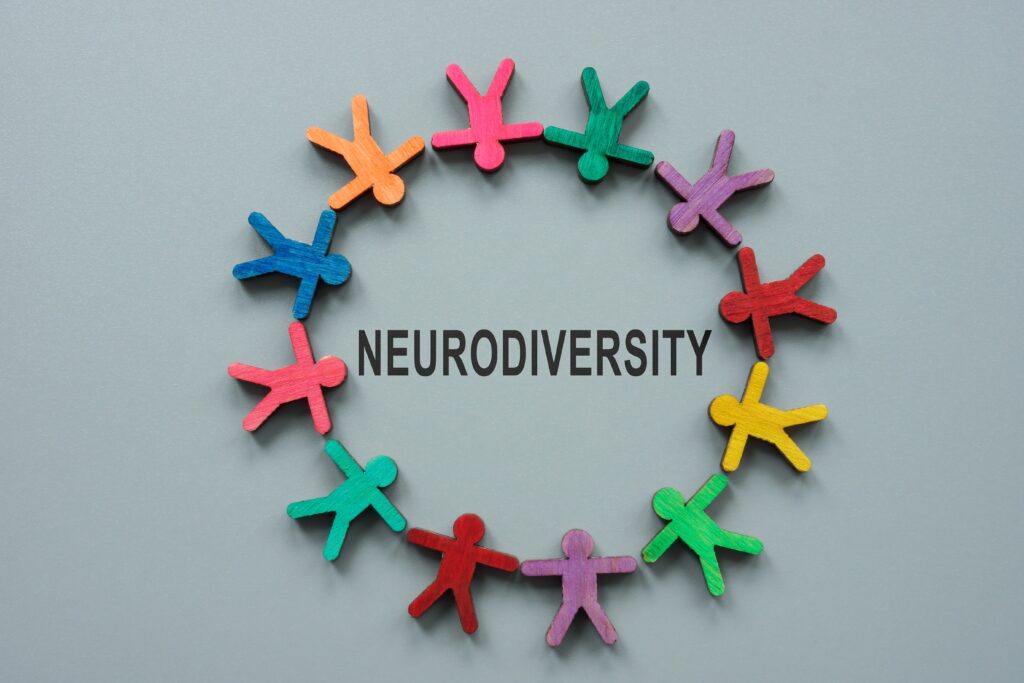[SPONSORED CONTENT]
What is neurodiversity?
Neurodiversity refers to the broad spectrum of differences in the way people’s brains function. It endorses the perspective that differences in cognition, behaviour, or information processing are not ‘abnormal’ or in need of correction. Rather, they represent natural variations within a spectrum. Similar to being born left-handed or having green eyes, there is no correct or incorrect aspect of neurodiversity. People’s unique position on this spectrum and the way their brain operates are distinct to them.
The majority of individuals are neurotypical, signifying that their thinking and behaviour align with what is conventionally deemed ‘normal’ by society. However, it is believed that a minimum of one in 10 individuals exhibit traits that classify them as ‘neurodivergent’, indicating that their behaviour, thought processes, and interpretation of information differ from the majority.
How could you support someone who is neurodivergent at work?
As every individual is unique, the support required for someone who is neurodivergent will also differ. However, here are a few tips you might wish to consider.
- Engage with your colleagues through the communication method that suits them best. Should your neurodivergent employee favour texting over phone conversations, try to work with their preference.
- Be understanding. Individuals may process and react differently. For instance, an autistic person may struggle with maintaining eye contact during a conversation. Similarly, a person with a tic disorder might experience involuntary twitches or noises.
- Take the time to get to know your team member and understand the support they need with their neurodiverse condition. Ensure your expectations are clear and straightforward. Ambiguity can lead to misunderstandings, especially for neurodivergent individuals who may require clarity.
- Recognise the stereotypes surrounding neurodivergence. The term ‘high functioning’ often implies that a person’s neurodivergence has little impact on those around them. However, this can be a misconception as they may still experience challenges in various settings.
- Be mindful of your surroundings. Individuals with neurodiversity may have sensory differences. These differences can lead to sensory overstimulation in specific settings. Contemplate measures to minimise this overstimulation. For instance, for an autistic team member who is auditory sensitive, utilising active noise-cancelling headphones to mitigate loud sounds.
It’s essential to recognise that neurodivergent conditions are merely different expressions of what’s ‘normal’. Each individual is distinct, possessing unique abilities and facing their own hurdles. Neurodivergent individuals shouldn’t be compelled to conform to a neurotypical society. On a personal level, this involves understanding individuals as they are and appreciating the diversity, they bring to the workplace.
These are a few ways to assist someone with neurodivergence. Understanding the impact of neurodiversity on a team member’s life is an excellent initial step towards offering them support.
If you would like to learn more about how you can support neurodivergent individuals in your workplace, read Bupa’s Neurodiversity – Business toolkit.
